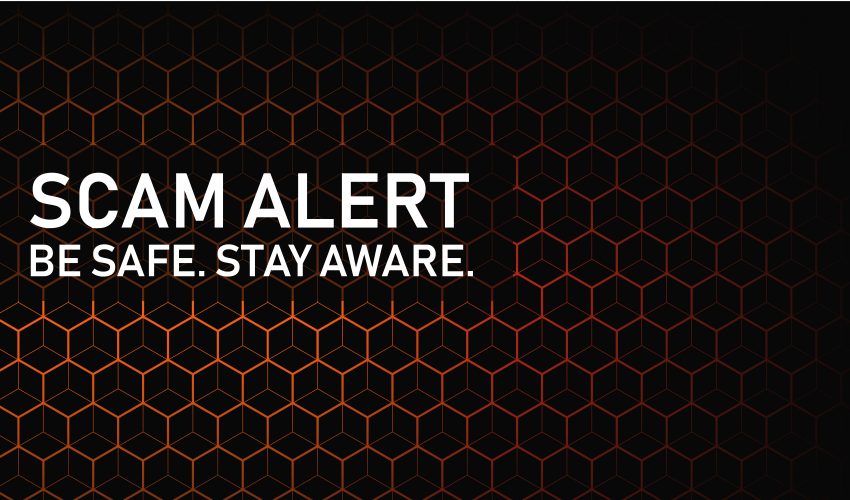August 16, 2019
Recently, scammers impersonating Utah Attorney General Sean D. Reyes have contacted victims through Facebook Messenger offering a grant worth thousands of dollars — for a small fee. The scammer directed the victim to a bogus personal page where they went through a series of grant application questions. Once the application was “approved”, the victims sent payment and received a grant check in return. The check bounced, of course, but by then the scammer had disappeared, along with the victim’s money.
Another victim reported that the scammer supplied a phone number that the victim could use to contact “Sean Reyes” further. The victim contacted us worried that the grant offer was fraudulent, and we were able to confirm that neither our office nor the Attorney General, were involved in this and that it was indeed a scam.
Unfortunately, this is not the first time we have heard of a scam of this nature. In September 2018, we released a similar warning regarding a scammer who was impersonating the Utah Attorney General through Facebook Messenger. Our team of Investigators is working diligently to put an end to these scams.
At this time, we would like to emphasis our tips to protect yourself from fraud, and especially of the following if you are contacted by someone claiming to be from the Utah Attorney General’s Office:
- Don’t wire money.
True lotteries, sweepstakes, or grants awarded do not ask for money – not for shipping and handling, taxes, or customs. State officials and agencies do not typically ask people to send money for prizes, grants, unpaid loans, or to avoid being thrown in jail. When they do, they follow a formalized process.
- Stop and think.
With any online or phone transaction that you conduct, always look up the business or entity online to make sure they are reputable. This goes for anyone asking for money or personal information. Technology makes it easy for scammers to alter their identity and assume someone else’s. If the offer references a state agency or official, contact the respective office through a confirmed phone number or email to verify its validity before moving forward. You can also check with the Utah Consumer Protection Division and the Utah Better Business Bureau to see if the person/organization is credible.
- Do not share your financial or personal information.
If you receive a call about a debt that you believe may be legitimate, contact that business or entity directly. Whether it’s over the phone, email, social media, or in person, don’t give out your personal information. This includes banking and financial information, your birthdate, and social security number.
- Contact us.
If you receive a message, call, or email from someone claiming to be someone from our office or any other official, please contact our office to report and verify whether or not it is real at 801-281-1200 or uag@agutah.gov.

